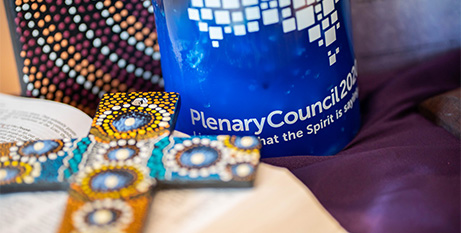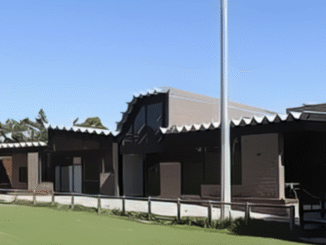
The Plenary Council is back on, as a complex master plan which attempts to solve the Catholic Church’s old problems with the same old ‘hippie’ solutions of the 1960s.
One Diocesan website welcomes the reconvening of the Plenary Council, following the adjournment required by the pandemic, and rejoices for the “Australian Catholic Church”, perhaps unaware of the meaning of the word ‘Catholic’, Greek for ‘universal’.
Unlike the Church of England or other “national” churches, one of the unique features of the Catholic Church is its “universality”. When a Diocesan website speaks of an “Australian Catholic Church”, it suggests that the Plenary Council should address the issue of formation for those who are in charge of managing media and content publication.
Jokes aside, on the Agenda, as a matter of urgency, is “how might the Church in Australia open in new ways to Indigenous ways of being Christian in spirituality, theology, liturgy, and missionary discipleship? How might we learn from the First Nations peoples?”
In principle, one can only appreciate the uniqueness of Aboriginal Spiritualities, even when only 2% of Aboriginal and Torres Strait Islanders, according to the Australian Bureau of Statistics, follow traditional spiritual practices. Estimates indicate that First Australians comprise about 2.3% of the Catholic Population and certainly the Church needs to consider the suitability of existing formation and ministry structures for Indigenous Australians into the future.
With over 5.2 million Catholics in Australia, most of whom are migrants or descendants thereof, however, the Plenary Council has generally made little reference to supporting migrant communities to retain their language, traditions, piety and religious festivities in Australia for second and third generation migrants.
Surprisingly, a move forward from the initial program is a question now on the agenda that aims to consider “how might we better embrace the diverse liturgical traditions of the Churches which make up the Catholic Church and the cultural gifts of immigrant communities to enrich the spirituality and worship of the Church in Australia?”
Lastly, another hot topic on the Plenary Agenda is that of the ‘ecological conversion’. This “Bergoglian pearl” will seek to respond to “how can we express and promote a commitment to an ‘integral ecology of life’ in all its dimensions, with particular attention to the more vulnerable people and environments in our country and region?”
Smoking ceremonies, Gluten-free hosts and non-alcoholic wine may be a starting point.




Be the first to comment